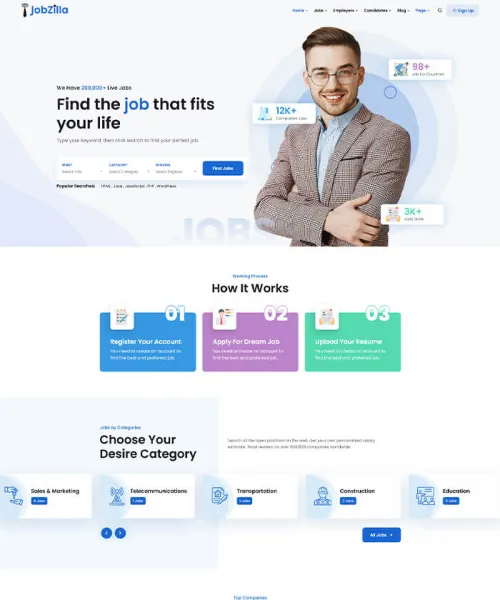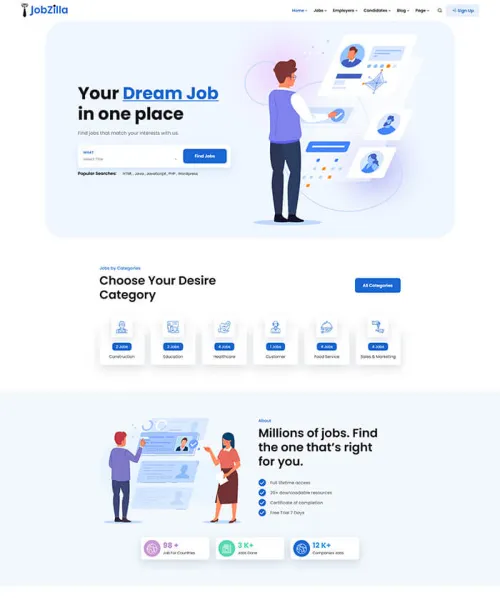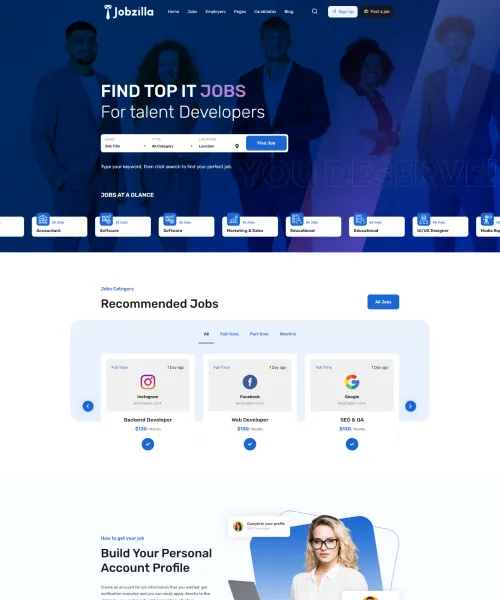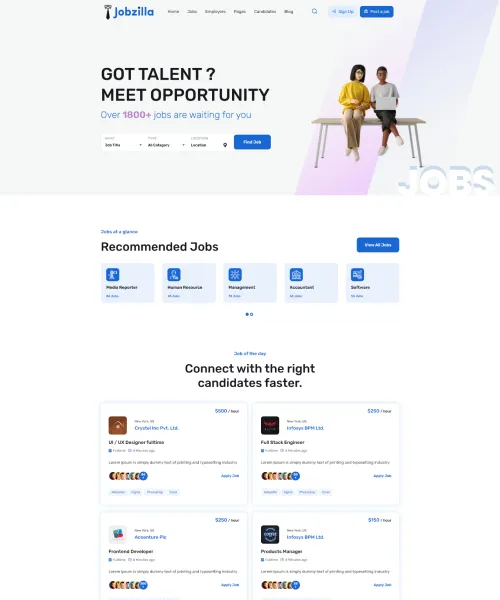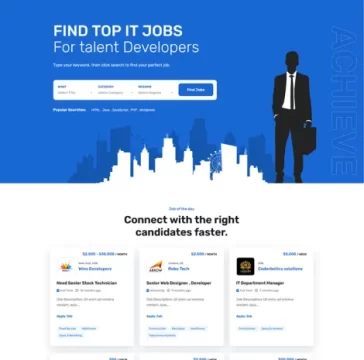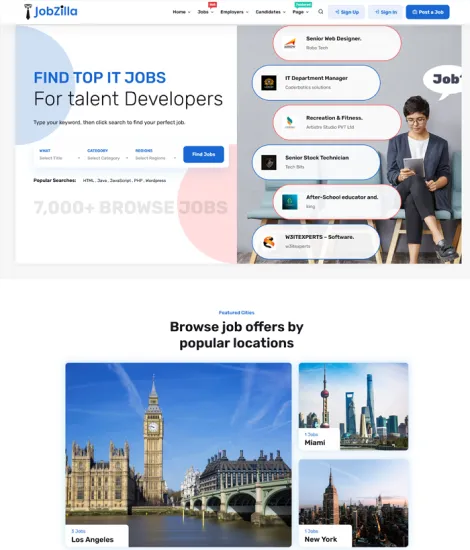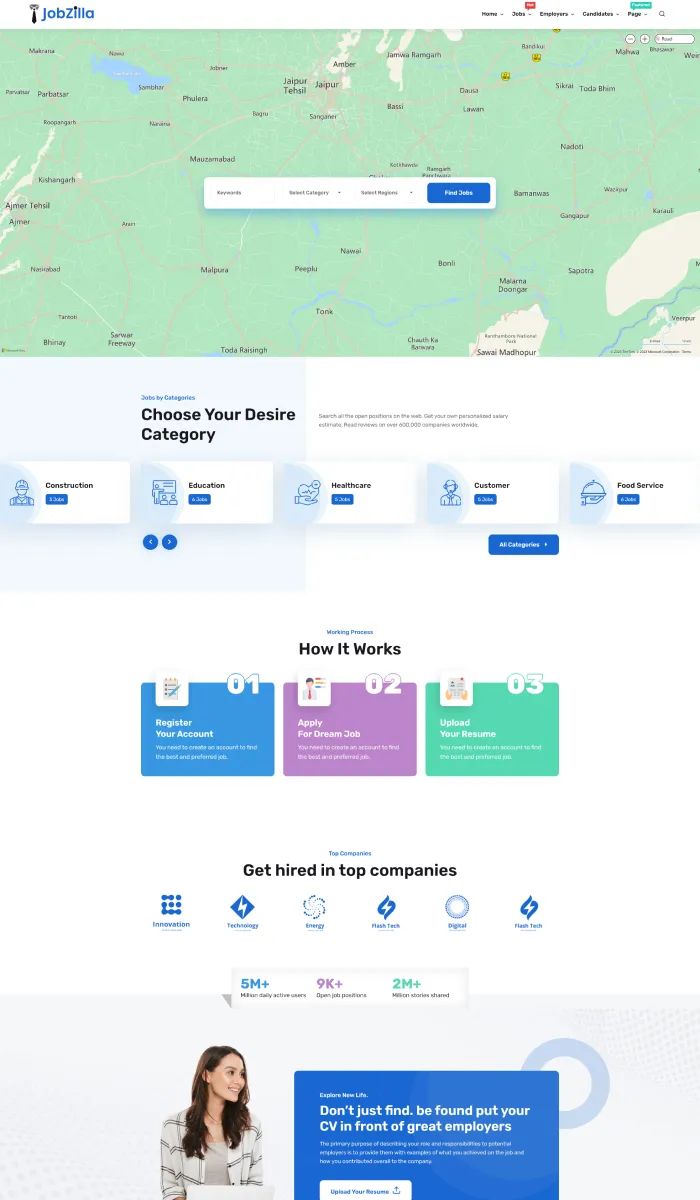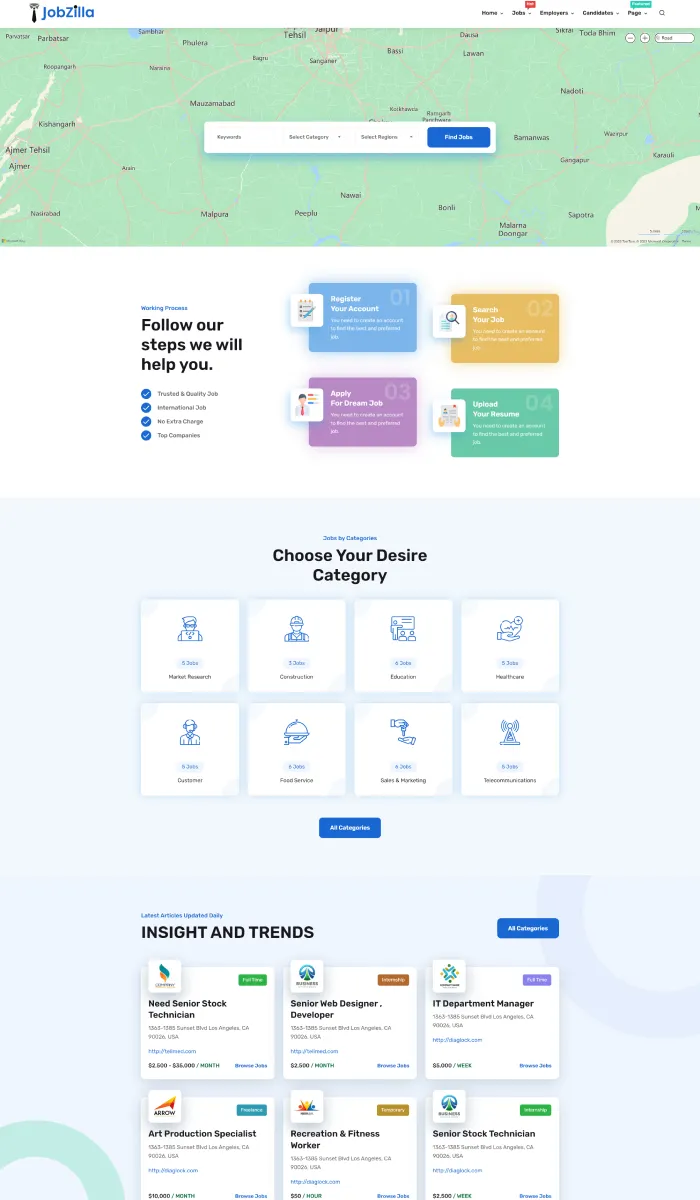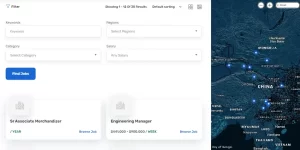A Nation on Edge : Understanding how the latest news cycle is redefining the global landscape of energy and climate policy as current U.S. news highlights shifting public sentiment and civic engagement.
- Shifting Global Realities: Tech breakthroughs and current affairs news today redefine the future.
- The Rise of Artificial Intelligence and its Global Impact
- AI in Healthcare: Revolutionizing Treatment and Diagnostics
- The Ethical Considerations of Autonomous Systems
- The Shifting Geopolitical Landscape and Emerging Conflicts
- The Impact of Climate Change on Global Security
- The Role of Cybersecurity in Modern Warfare
- Technological Breakthroughs and the Future of Work
- The Impact of Automation on Job Displacement
- The Future of Education and Skill Development
Shifting Global Realities: Tech breakthroughs and current affairs news today redefine the future.
The world is in a state of constant flux, a dynamic interplay of technological advancements and unfolding global events. Understanding these shifts is crucial in navigating the complexities of the 21st century. Today’s landscape is shaped by rapid innovation, particularly in areas like artificial intelligence, biotechnology, and renewable energy, alongside significant geopolitical tensions, economic transitions, and evolving social norms. The convergence of these forces defines the news today, demanding a nuanced and critical perspective to discern lasting impact from fleeting trends.
This period marks a significant departure from previous eras, characterized not only by the sheer speed of change but also by its interconnectedness. Information, capital, and people flow across borders with unprecedented ease, amplifying both opportunities and vulnerabilities. A deeper examination reveals a power shift—a move away from traditional structures and towards more decentralized, technology-driven models. Consequently, analyzing the interplay between these emerging technologies and current affairs offers insights into the potential future.
The Rise of Artificial Intelligence and its Global Impact
Artificial Intelligence (AI) is rapidly transforming industries, from healthcare and finance to transportation and manufacturing. The development of sophisticated machine learning algorithms allows for automation of complex tasks, improved decision-making and the creation of entirely new products and services. However, this progress is not without its challenges, raising concerns about job displacement, algorithmic bias, and the ethical implications of increasingly autonomous systems. The deployment of AI demands careful consideration of its potential societal ramifications.
The impact of AI extends beyond the economic sphere, influencing geopolitical strategies and national security. Nations are investing heavily in AI research and development, recognizing its potential to enhance military capabilities and maintain economic competitiveness. This creates a complex dynamic where collaboration and competition coexist, requiring international cooperation to establish ethical guidelines and prevent an AI arms race. Continued monitoring of AI advancements is crucial for anticipating and managing its widespread implications.
AI in Healthcare: Revolutionizing Treatment and Diagnostics
Within the healthcare sector, AI-driven tools are improving disease diagnosis, personalizing treatment plans, and accelerating drug discovery. Machine learning algorithms can analyze medical images – like X-rays and MRIs – with remarkable accuracy, aiding radiologists in identifying early signs of cancer or other conditions. Furthermore, AI algorithms are being utilized to predict patient risk factors, allowing for proactive interventions and personalized preventative care. This is leading to healthier and more personalized healthcare for everyone.
The potential of AI in drug discovery is equally promising. AI can analyze vast datasets of biological information—genetic data, protein structures, clinical trial results—to identify potential drug candidates that might have been overlooked by traditional methods. This can dramatically shorten the drug development process, bringing life-saving treatments to patients faster and more efficiently. It is important to remember that effective access to such technologies presents an important future discussion point.
The Ethical Considerations of Autonomous Systems
The increasing autonomy of AI-powered systems raises profound ethical concerns. As machines become capable of making decisions that impact human lives – such as self-driving cars or automated weapons – questions arise about accountability, transparency, and fairness. How do we ensure that these systems operate within ethical boundaries, preventing unintended consequences and protecting human rights? Establishing clear ethical frameworks and regulations is paramount.
One of the most pressing ethical challenges is algorithmic bias. If AI algorithms are trained on biased data, they can perpetuate and even amplify existing societal inequalities. This can lead to discriminatory outcomes in areas such as loan applications, hiring processes, and even criminal justice. Addressing algorithmic bias requires careful attention to data quality, algorithm design, and ongoing monitoring for fairness. It’s a multi-faceted problem requiring thoughtful solutions.
The Shifting Geopolitical Landscape and Emerging Conflicts
The global geopolitical landscape is undergoing a period of significant transformation, characterized by the rise of new power centers, the erosion of traditional alliances, and the emergence of new forms of conflict. The war in Ukraine, the growing tensions in the South China Sea, and the increasing instability in various regions across Africa and the Middle East all contribute to a more volatile and unpredictable world order. Maintaining international stability requires a nuanced understanding of these complex dynamics.
Economic competition is also playing an increasingly prominent role in shaping geopolitical rivalries. The struggle for dominance in key technologies – such as AI, 5G, and semiconductors – is intensifying, creating new areas of friction between nations. Trade disputes and protectionist policies add further complexity to the international environment demanding collaboration instead of conflict. The world is in need of novel approaches in order to overcome the conflict.
The Impact of Climate Change on Global Security
Climate change is no longer solely an environmental issue, it is a major threat to global security. The increasing frequency and intensity of extreme weather events – such as droughts, floods, and heatwaves – are displacing populations, exacerbating resource scarcity, and fueling social unrest. This can lead to increased migration, competition for resources, and even violent conflict. Addressing climate change is therefore crucial for preventing future instability.
Climate change also poses a direct threat to military infrastructure and operations. Rising sea levels, extreme temperatures, and changing weather patterns can disrupt military bases, damage equipment, and hinder troop deployments. The military is increasingly recognizing the need to adapt to climate change and develop strategies to mitigate its risks. This will necessitate significant investment in climate resilience and preparedness. It also serves as incentive for world cooperation instead of competition.
The Role of Cybersecurity in Modern Warfare
Cybersecurity has become an integral part of modern warfare. Nations are investing heavily in cyber capabilities, developing tools and techniques to disrupt critical infrastructure, steal sensitive information, and interfere with political processes. Cyberattacks can have devastating consequences, potentially crippling essential services, undermining democratic institutions, and escalating international tensions. The need for robust cybersecurity defenses is paramount.
Protecting against cyberattacks requires a multi-layered approach, encompassing technological solutions, international cooperation, and public awareness. Governments need to invest in cybersecurity research and development, strengthen cybersecurity regulations, and share intelligence with allies. Individuals also have a role to play, by practicing good cyber hygiene and being vigilant against phishing scams and other cyber threats. A collaborative response is essential to mitigate the risks of cyberwarfare.
Technological Breakthroughs and the Future of Work
Rapid technological advancements are revolutionizing the nature of work, creating new opportunities while simultaneously disrupting existing industries. Automation, artificial intelligence, and remote work technologies are transforming the way we work, requiring individuals to adapt to evolving skill requirements and embrace lifelong learning. In order to remain relevant in the workforce, there is a need to upskill and learn new competencies.
The rise of the gig economy and the increasing prevalence of freelance work are also changing the traditional employment landscape. While offering greater flexibility and autonomy, the gig economy can also lead to job insecurity and a lack of benefits. Addressing these challenges requires innovative policy solutions, such as universal basic income or portable benefits. It is clear intuitive, precise and effective resolutions are vital.
The Impact of Automation on Job Displacement
The automation of tasks previously performed by humans is a major concern for workers across various industries. While automation can boost productivity and efficiency, it can also lead to job displacement, particularly in sectors involving routine and repetitive tasks. Imagining the future challenges informs how effectively organizations can respond to these changes. Preparing the workforce for the future requires investment in education and training programs that focus on developing skills that are complementary to automation – such as creativity, critical thinking, and problem-solving.
However, automation also creates new job opportunities, particularly in areas related to the development, deployment, and maintenance of automated systems. These jobs often require highly specialized skills and offer higher wages. It is vital that educational institutions and employers work together to ensure that the workforce is prepared for these emerging roles. These innovations hold incredible potential to transform and revitalize employment opportunities.
The Future of Education and Skill Development
The rapid pace of technological change demands a fundamental rethinking of education and skill development. Traditional educational models, focused on rote memorization and standardized testing, are no longer sufficient to prepare students for the challenges of the 21st-century workforce. Education systems need to prioritize critical thinking, problem-solving, creativity, and adaptability. Initiatives need to be implemented to prepare future generations for a dynamic job market.
Lifelong learning is becoming increasingly essential. Individuals need to be able to continuously acquire new skills and knowledge throughout their careers in order to remain relevant in a rapidly changing job market. Online learning platforms, micro-credentials, and apprenticeships can provide accessible and flexible learning opportunities. Providing lifelong education solutions to diverse populations could create economic opportunity for many.
Navigating the complexities of today’s interconnected world requires a holistic approach that considers the interplay of technological advancements, geopolitical shifts, and evolving societal norms. The challenges and opportunities confronting humanity are multifaceted, demanding innovative solutions and global collaboration. Realizing a sustainable and equitable future necessitates prioritizing technological ethics and investments in education.
| Technology | Potential Benefits | Potential Risks |
|---|---|---|
| Artificial Intelligence | Increased productivity, improved healthcare, enhanced decision-making | Job displacement, algorithmic bias, ethical concerns |
| Renewable Energy | Reduced carbon emissions, energy independence, environmental sustainability | Intermittency, infrastructure costs, land use concerns |
| Biotechnology | Disease prevention, personalized medicine, increased food production | Ethical dilemmas, unintended consequences, biosecurity risks |
- Embrace Lifelong Learning: Stay adaptable by continuously acquiring new skills.
- Promote Digital Literacy: Equip individuals with the skills to navigate the digital world effectively.
- Foster Critical Thinking: Encourage analytical skills and the ability to evaluate information critically.
- Prioritize Ethical Considerations: Develop ethical frameworks for emerging technologies.
- Strengthen International Collaboration: Address global challenges through concerted efforts.
- Invest in AI research and development.
- Implement policies to mitigate job displacement.
- Promote ethical guidelines for AI deployment.
- Strengthen cybersecurity defenses.
- Address climate change through sustainable practices.





